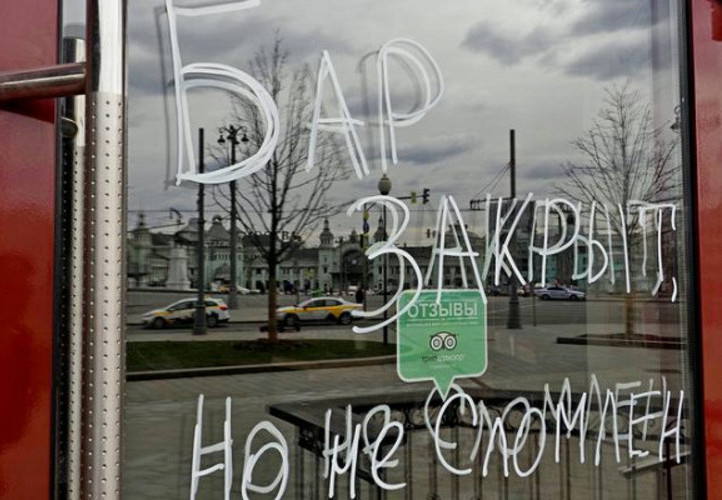“Weekend Quarantine”: What Entrepreneurs Need to Know
12.11.2020

Probably, everyone has already heard that the Ukrainian government, specifically the Cabinet of Ministers of Ukraine, on November 11, made the decision to introduce the so-called “weekend quarantine” starting from 00:00 on November 14 and lasting until November 30, 2020.
Paradoxically, the text of this decision is not available on the government website. Instead of the legal document, the government suggests that Ukrainians rely on the infographic on its website.
According to the law on the Cabinet of Ministers of Ukraine, the resolutions of the Cabinet of Ministers, except for those containing restricted information, come into effect on the day of their official publication, unless otherwise specified by the resolutions themselves, but not earlier than the day of their publication.
As of the evening of November 12, no active decision by the government on the “weekend quarantine” exists, and its exact content is unknown, as well as the reasons for the delay in publishing it for more than a day.
Thus, in order to understand the possible measures and their consequences for businesses, we have to rely on the images from the government!
The infographic indicates that the “weekend quarantine” involves the following prohibitions:
- Receiving visitors in public catering establishments (bars, restaurants, cafes);
- Receiving visitors in shopping malls and other entertainment venues;
- Activities of cultural institutions and holding cultural mass events;
- Activities of gyms, fitness centers, and swimming pools;
- Receiving visitors by entities engaged in trade and consumer services (beauty salons, household goods stores, etc.).
It’s important to remind that violations of quarantine rules are subject to administrative and criminal liability. The Code of Ukraine on Administrative Offenses provides responsibility for violations of quarantine regulations, sanitary-hygienic rules, sanitary-epidemiological norms, and other legislative acts, as well as decisions by local authorities on combating infectious diseases, in the form of a fine for individuals ranging from 17,000 UAH to 34,000 UAH, and for officials from 34,000 UAH to 170,000 UAH.
The aforementioned restrictions actually apply to entities in certain business sectors, which can be either legal entities or individual entrepreneurs under current legislation.
Therefore, a protocol for administrative violation can be drawn not on a seller or hairdresser but on an official, usually the head of the business entity, where the violation was detected, or on an individual entrepreneur conducting the corresponding activities.
Meanwhile, the Criminal Code of Ukraine stipulates that violations of the rules and norms established to prevent epidemic and other infectious diseases, as well as mass non-infectious diseases (poisonings) and combating them, if such actions caused or knowingly could have caused the spread of these diseases, are punishable by a fine from 17,000 UAH to 51,000 UAH, or arrest for up to six months, or imprisonment for up to three years, or deprivation of liberty for the same period. The same actions, if they caused death or other severe consequences, are punishable by imprisonment for a term of five to eight years.
The wording of this Criminal Code provision suggests that proving the existence of a crime in the actions of a cosmetic salon director will be difficult, but the creativity of domestic law enforcement and courts sometimes surprises.
Lastly, it’s worth noting that the “weekend quarantine” is not a total ban, and it mainly prohibits working with visitors, i.e., consumers. The prohibition for a business entity or its employees to be at the workplace or perform activities not related to serving visitors is not mentioned in the “images” from the government.
But let’s see what the final version of the decree says…
